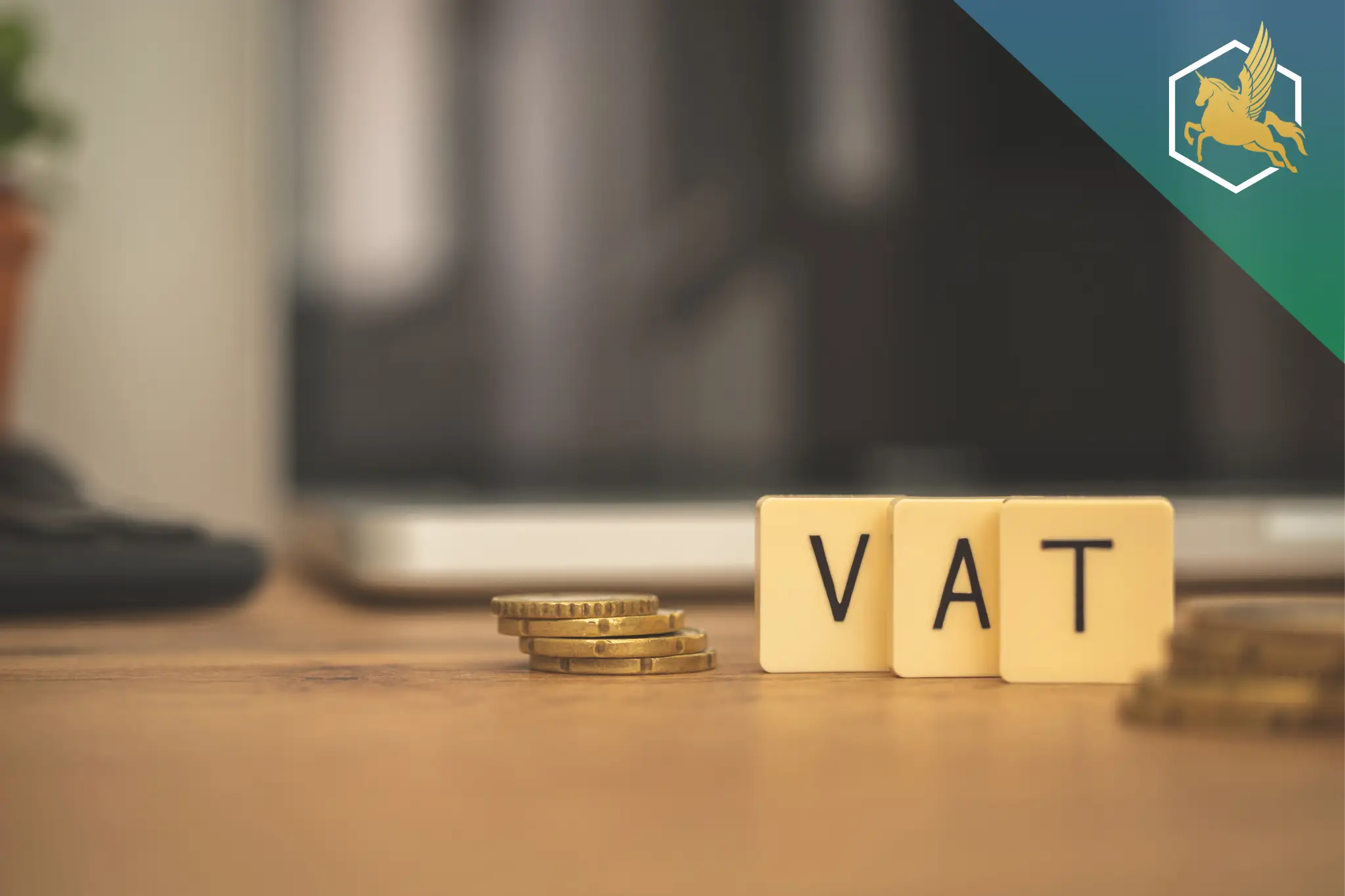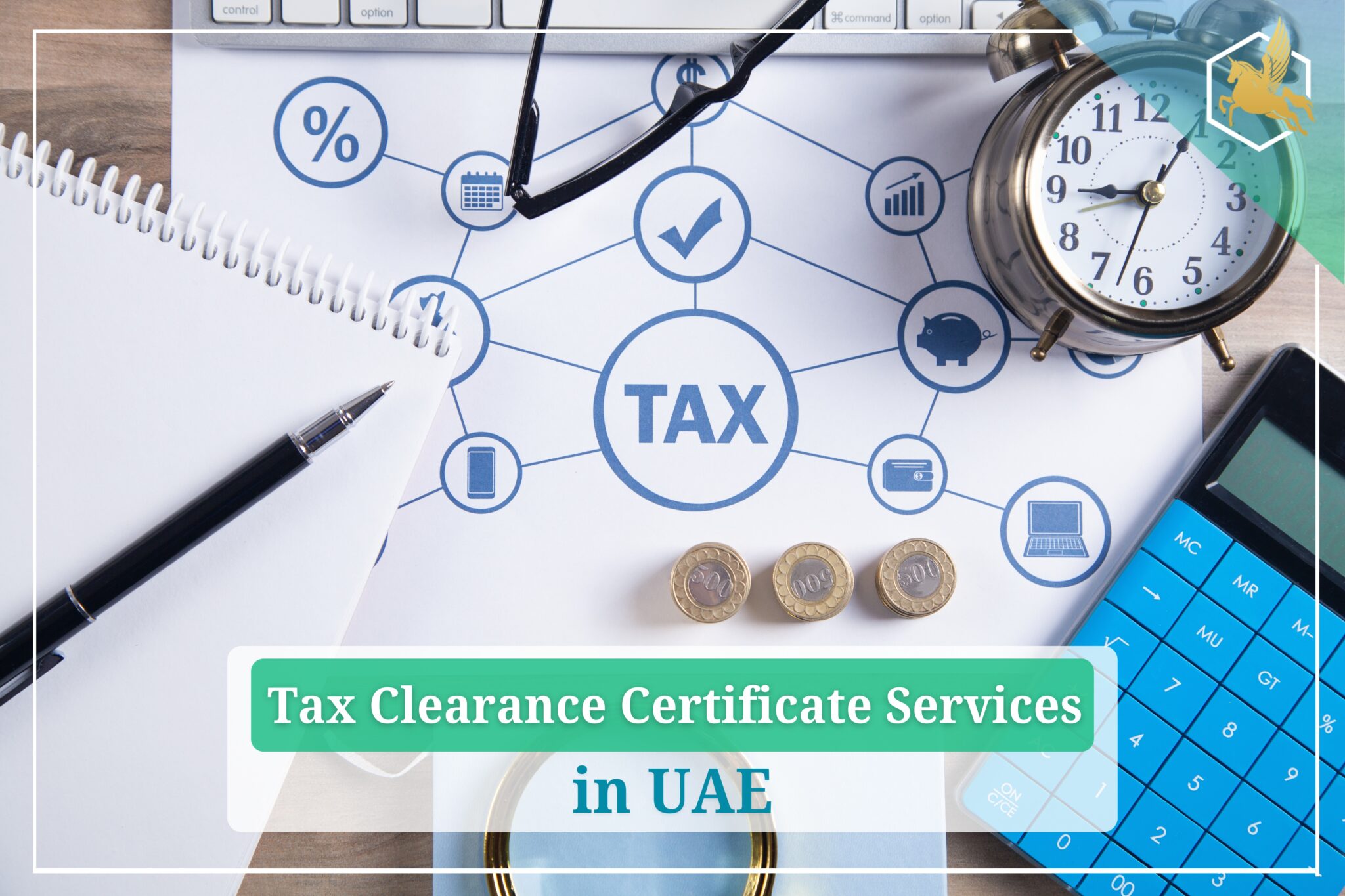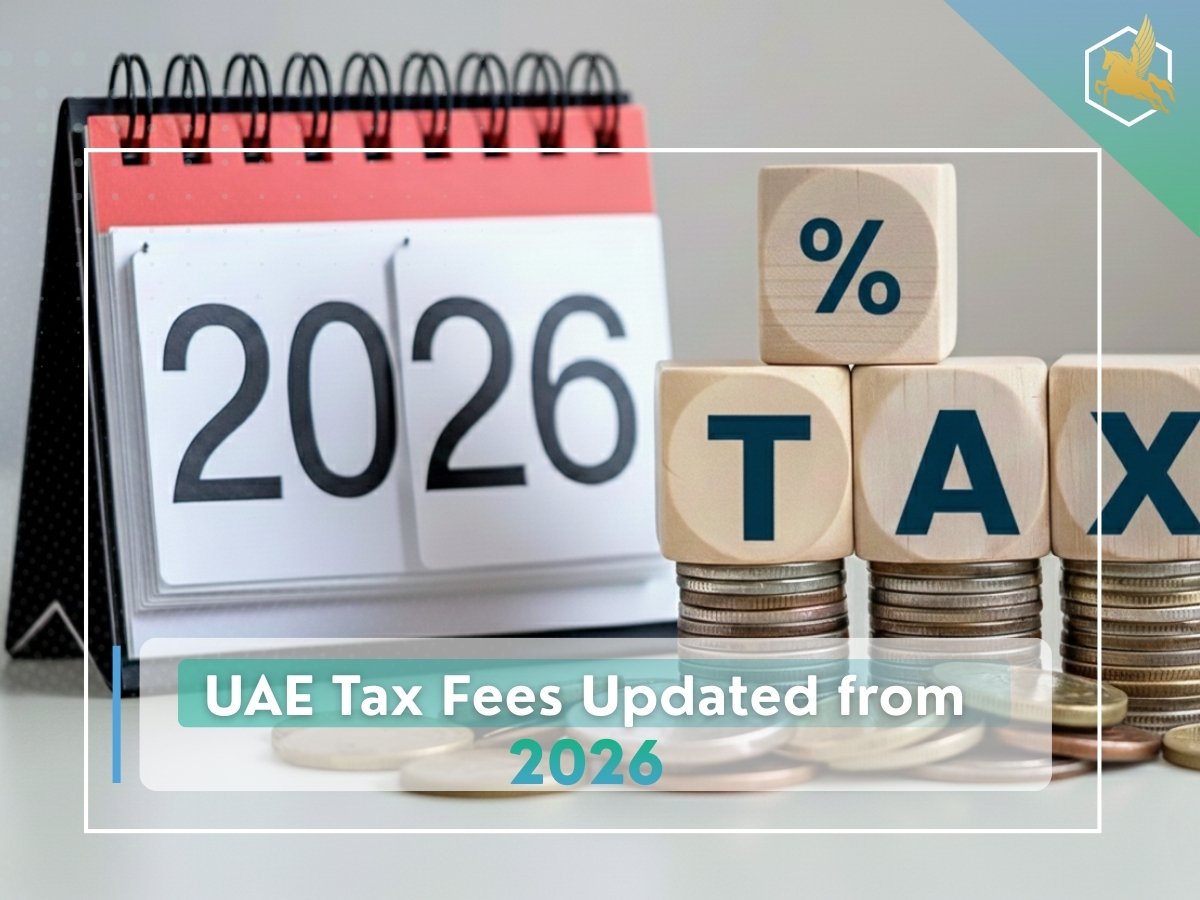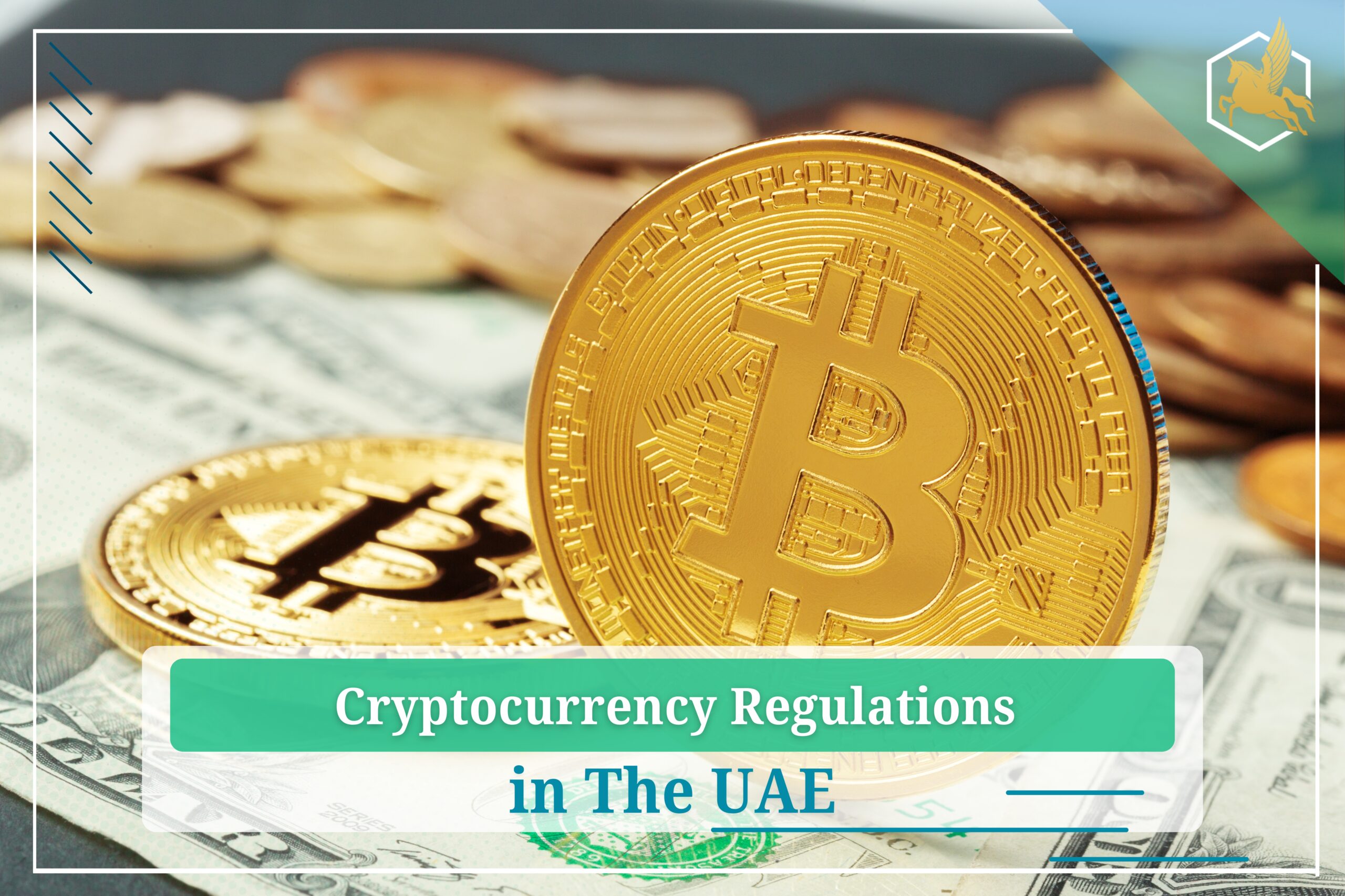VAT on Imports in UAE applies to various valuable possessions such as cars, jewelry, diamonds, and gold — items that are crucial for traders across the country. The UAE ranks 20th globally in terms of imports, reflecting its significant role in international trade. Among all GCC states, the UAE leads in exports, with electronics, precious metals, and gemstones being its primary export goods. The nation’s economy stands 29th globally for exports and 20th for imports, making VAT on Imports in UAE an important consideration for businesses engaged in cross-border trade.
Applicability of VAT on Imports in UAE
VAT on Imports in UAE applies when a person or business registered for VAT brings goods or services into the country. In such cases, the importer must account for VAT using the reverse charge mechanism, in addition to any customs duties.
Here are the common scenarios where VAT on Imports in UAE is applicable:
Imports made by a VAT-registered individual
Imports made by a non-VAT registered individual
Transshipped goods from the UAE to other GCC nations
Goods exported from the UAE to other countries
Understanding when and how VAT on Imports in UAE applies is crucial for ensuring compliance and avoiding penalties, especially for importers and traders operating across borders.
Goods Imports Subject to VAT
A person registered for VAT whose imports subject to VAT in the United Arab Emirates may claim input tax on their imports. Input tax recovery is applicable to taxes, such as excise or customs duties, that are paid by the organization that receives an imported commodity. Starting on the year-end of the invoice date and continuing for a minimum of five years, all transaction-related records must be kept.
Be aware that some goods nevertheless require payment of
customs duty even when they are not subject to VAT. This comprises the
following products:
- Products imported by military forces and internal security agencies, such as military transport vehicles, spare parts, weapons, and ammunition, as well as other relevant supplies and apparatus
- All used personal belongings, such as household items brought into the UAE by citizens returning home or belonging to foreigners moving to the UAE
- Personal belongings and presents of visitors to the United Arab Emirates that are not for commercial use, subject to specific legislative requirements
- Products that are temporarily exported from the UAE for completion or repair and then returned to the UAE free of VAT are known as export returns from the UAE.
What is reverse charge?
Generally speaking, the provider of goods or services is responsible for collecting and paying tax to the Federal Tax Authority (FTA) at the time of provision. We refer to this as a forward charge. The recipient of the supply is responsible for paying the supply’s tax to the Federal Tax Authority under reverse charge. When it comes to imports, the importer registered under UAE VAT is liable for paying the tax as the supplier is not registered in the UAE because they are located outside the country.
What is the import VAT rate that applies?
Imports subject to VAT are levied a rated of 5%. The import of precious metals is the lone exclusion, for which a 0% VAT rate is in effect. To guarantee that imports and domestic supplies are taxed equally, the rate of value-added tax (VAT) applied to imports is maintained at the same level as that on domestic suppliers. The tax paid by the recipient of the supply on imports is eligible for input tax recovery
Do import records have to be kept up to date?
Yes, after the end of the year in which the invoices relate, import records must be kept for a minimum of five years.
As a result, imports and exports are essential business operations for traders in the United Arab Emirates. For these firms to accurately meet the compliance standards and take advantage of VAT, they must be aware of compliance under VAT. Unicorn Global Solutions is here to help! Text us on whatsApp or call us today .
NOTE:
The above note is subject to further study and clarification. It does not constitute a formal opinion from our end. Before making any decisions based on the above, we recommend consulting our experts on the subject.








